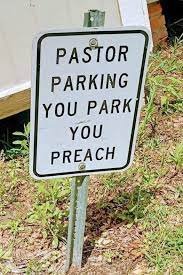Josheb
Senior Member
- Joined
- May 19, 2023
- Messages
- 6,955
- Reaction score
- 3,789
- Points
- 113
- Location
- VA, south of DC
- Faith
- Yes
- Marital status
- Married with adult children
- Politics
- Conservative
LOL. Doing neither is even easierNah.
It's easier to ask for forgiveness than to ask for permission.



